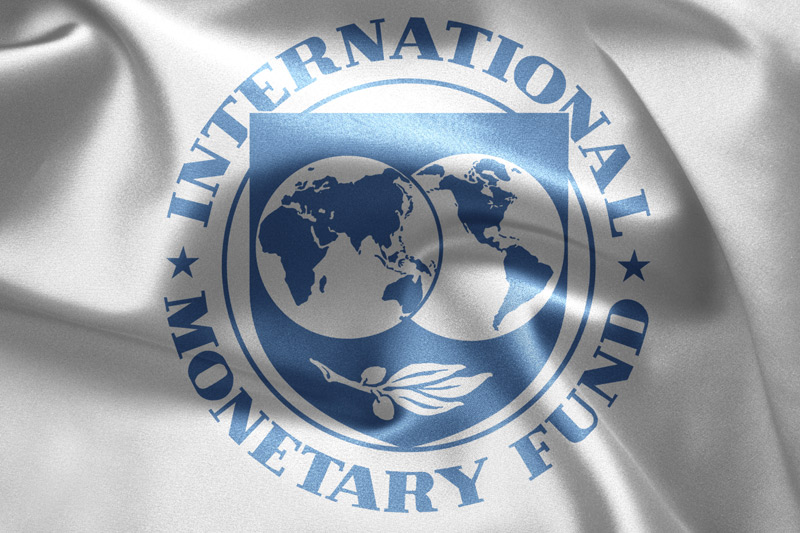Investing.com’s stocks of the week
Investing.com - The head of the International Monetary Fund’s mission to Slovenia said Monday that the country needs to urgently address the issue of recapitalizing its banks.
The ex-Yugoslav republic is striving to avoid becoming the sixth euro zone member to seek outside financial assistance, at a time when the bloc’s economy is struggling to recover from a recession.
"Bank recapitalization is an urgent issue that has to be addressed immediately," mission chief Antonio Spilimbergo said in a press conference on Monday.
“Slovenia is facing a deep recession resulting from a vicious circle of strained corporate and bank balance sheets, weak domestic demand, and needed fiscal consolidation," the IMF report said.
Slovenia’s mostly state controlled banking sector is burdened under the weight of approximately EUR8 billion of bad loans, the equivalent of one fifth of the country’s annual economic output.
The three state-owned banks, Nova Ljubljanska Banka, Nova Kreditna Banka Maribor and Abanka Vipa make up almost two-thirds of the country's banking assets.
Slovenia placed two small privately owned banks into liquidation early last month, in a bid to avert runs on larger financial institutions.
The head of Slovenia’s central bank Bostjan Jazbec, who is also a member of the European Central Bank’s governing council, has said that the country will be able to recapitalize its banks without having to seek a bailout.
The government has reserved EUR1.2 billion to help recapitalize its main banks, but analysts fear that capital needs may be significantly higher. The results of external bank stress tests are due at the end of November.
The government is hoping to stave off a bailout through a series of reforms, including tax increases, spending cuts and privatizations.
Last week, the head of the Eurogroup of finance ministers Jeroen Dijsselbloem said the euro zone is ready to support Slovenia, but added that the country must continue to implement fiscal reforms.
The ex-Yugoslav republic is striving to avoid becoming the sixth euro zone member to seek outside financial assistance, at a time when the bloc’s economy is struggling to recover from a recession.
"Bank recapitalization is an urgent issue that has to be addressed immediately," mission chief Antonio Spilimbergo said in a press conference on Monday.
“Slovenia is facing a deep recession resulting from a vicious circle of strained corporate and bank balance sheets, weak domestic demand, and needed fiscal consolidation," the IMF report said.
Slovenia’s mostly state controlled banking sector is burdened under the weight of approximately EUR8 billion of bad loans, the equivalent of one fifth of the country’s annual economic output.
The three state-owned banks, Nova Ljubljanska Banka, Nova Kreditna Banka Maribor and Abanka Vipa make up almost two-thirds of the country's banking assets.
Slovenia placed two small privately owned banks into liquidation early last month, in a bid to avert runs on larger financial institutions.
The head of Slovenia’s central bank Bostjan Jazbec, who is also a member of the European Central Bank’s governing council, has said that the country will be able to recapitalize its banks without having to seek a bailout.
The government has reserved EUR1.2 billion to help recapitalize its main banks, but analysts fear that capital needs may be significantly higher. The results of external bank stress tests are due at the end of November.
The government is hoping to stave off a bailout through a series of reforms, including tax increases, spending cuts and privatizations.
Last week, the head of the Eurogroup of finance ministers Jeroen Dijsselbloem said the euro zone is ready to support Slovenia, but added that the country must continue to implement fiscal reforms.
